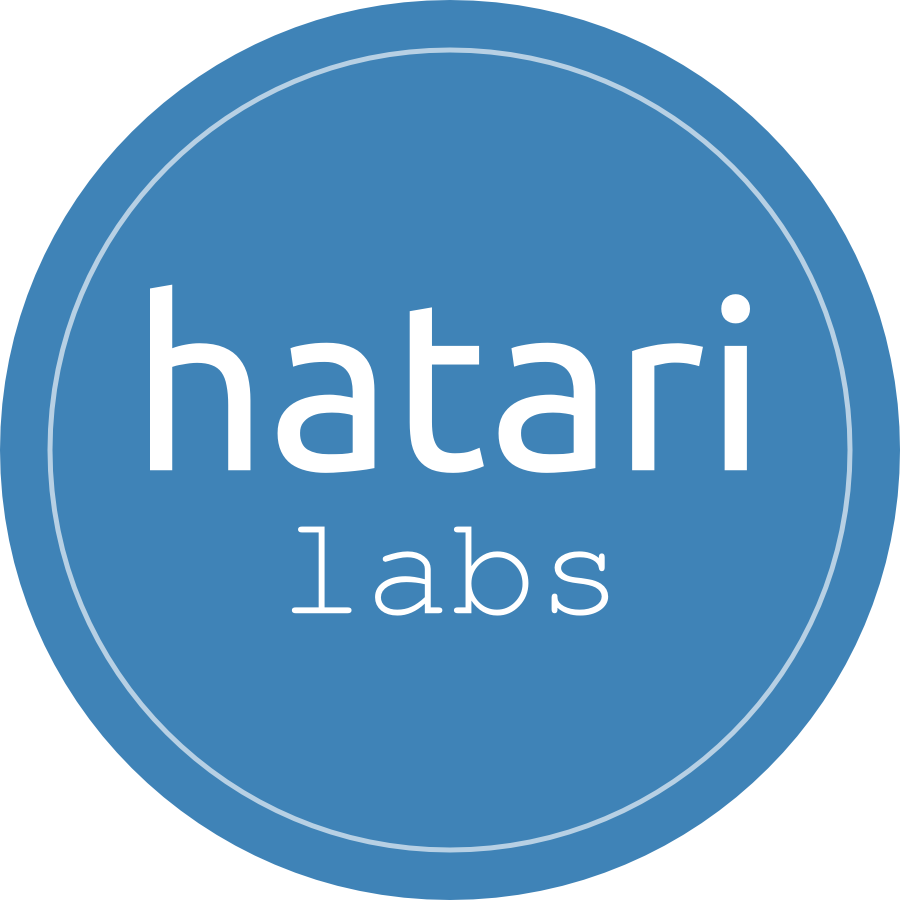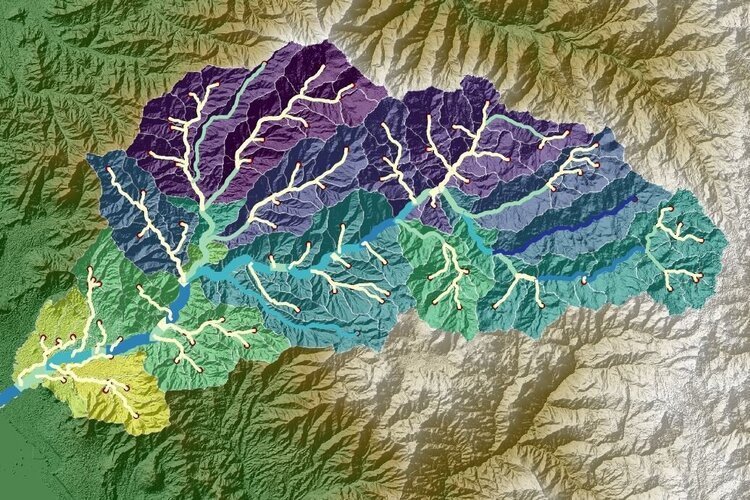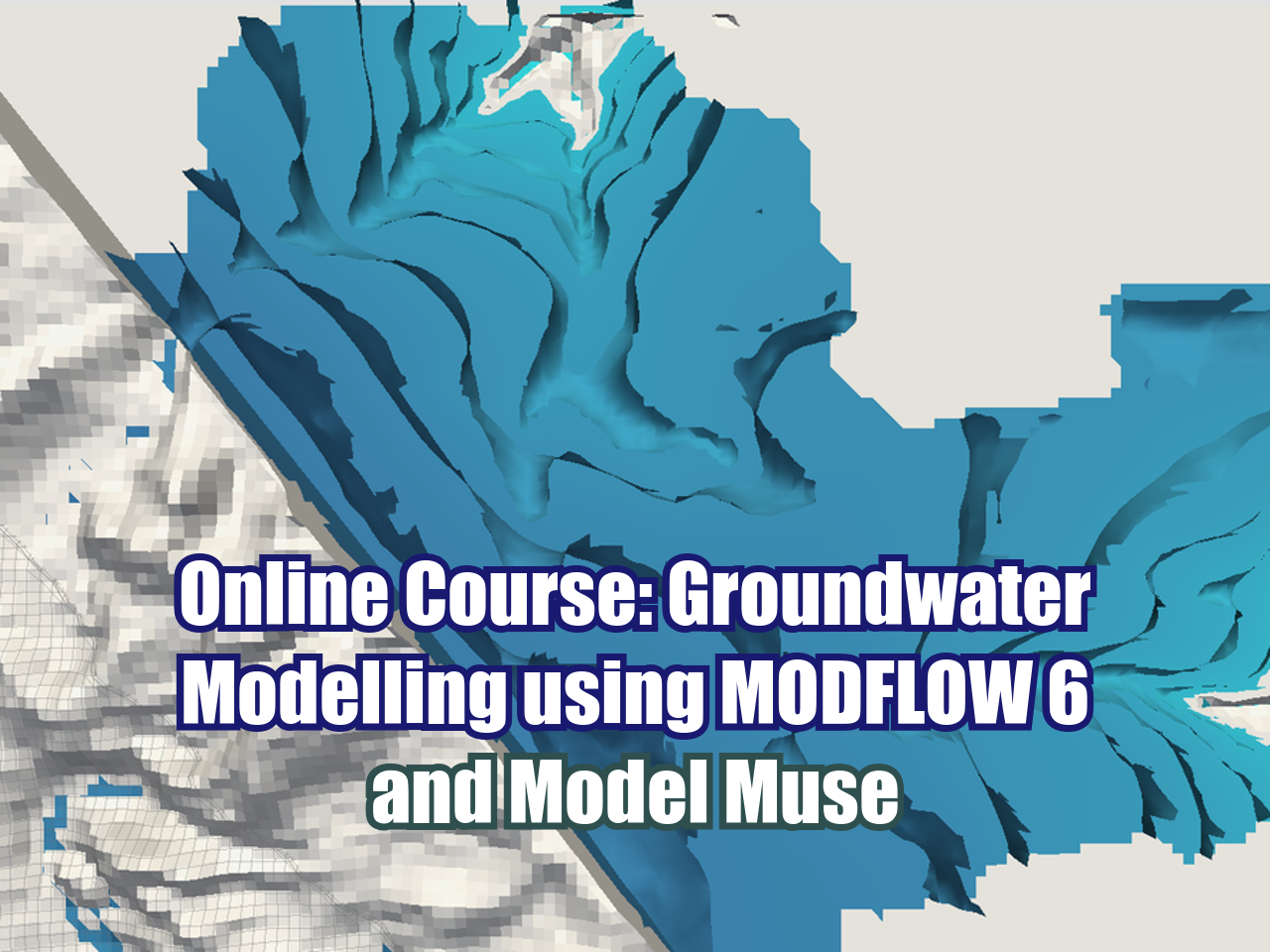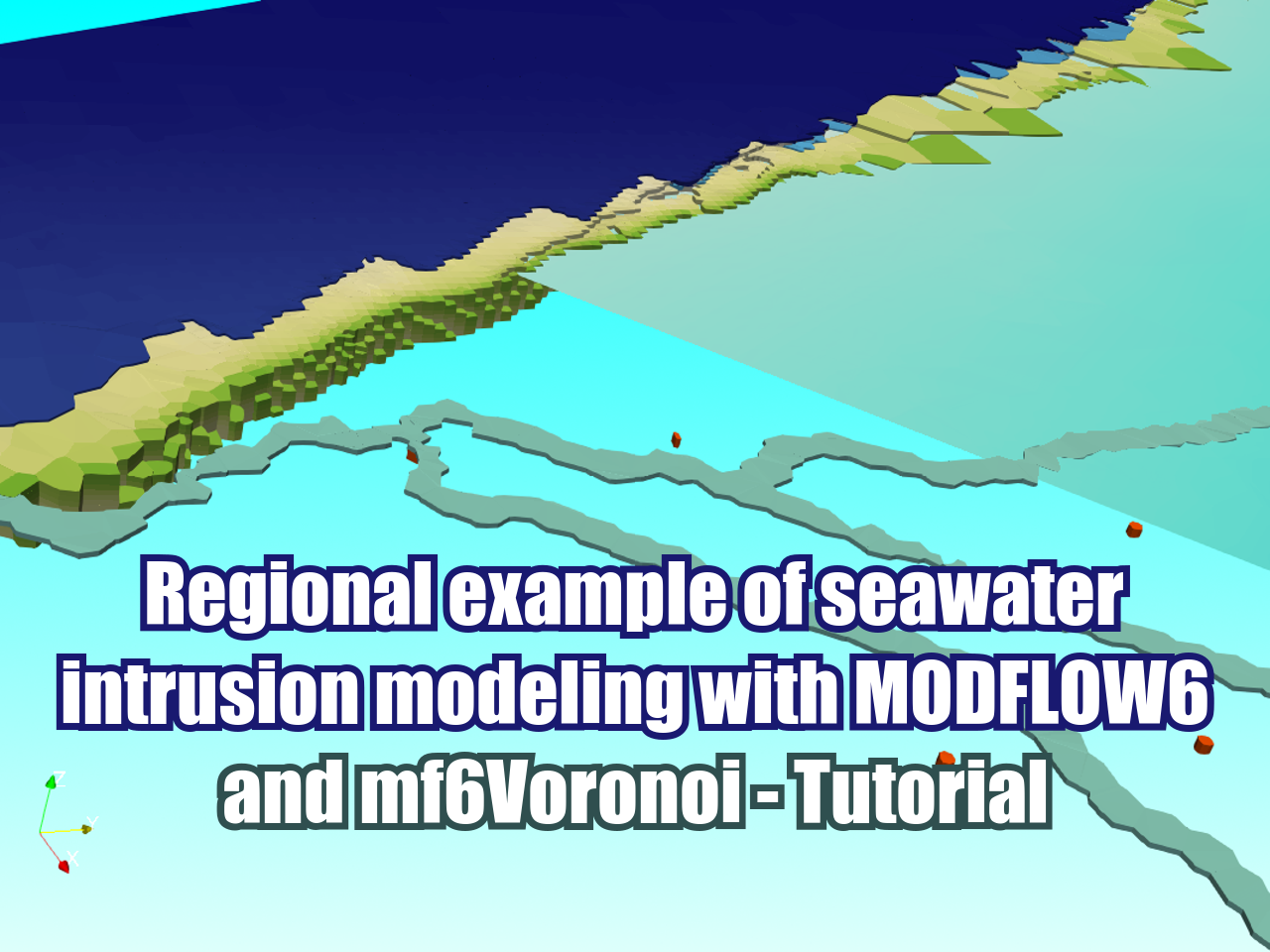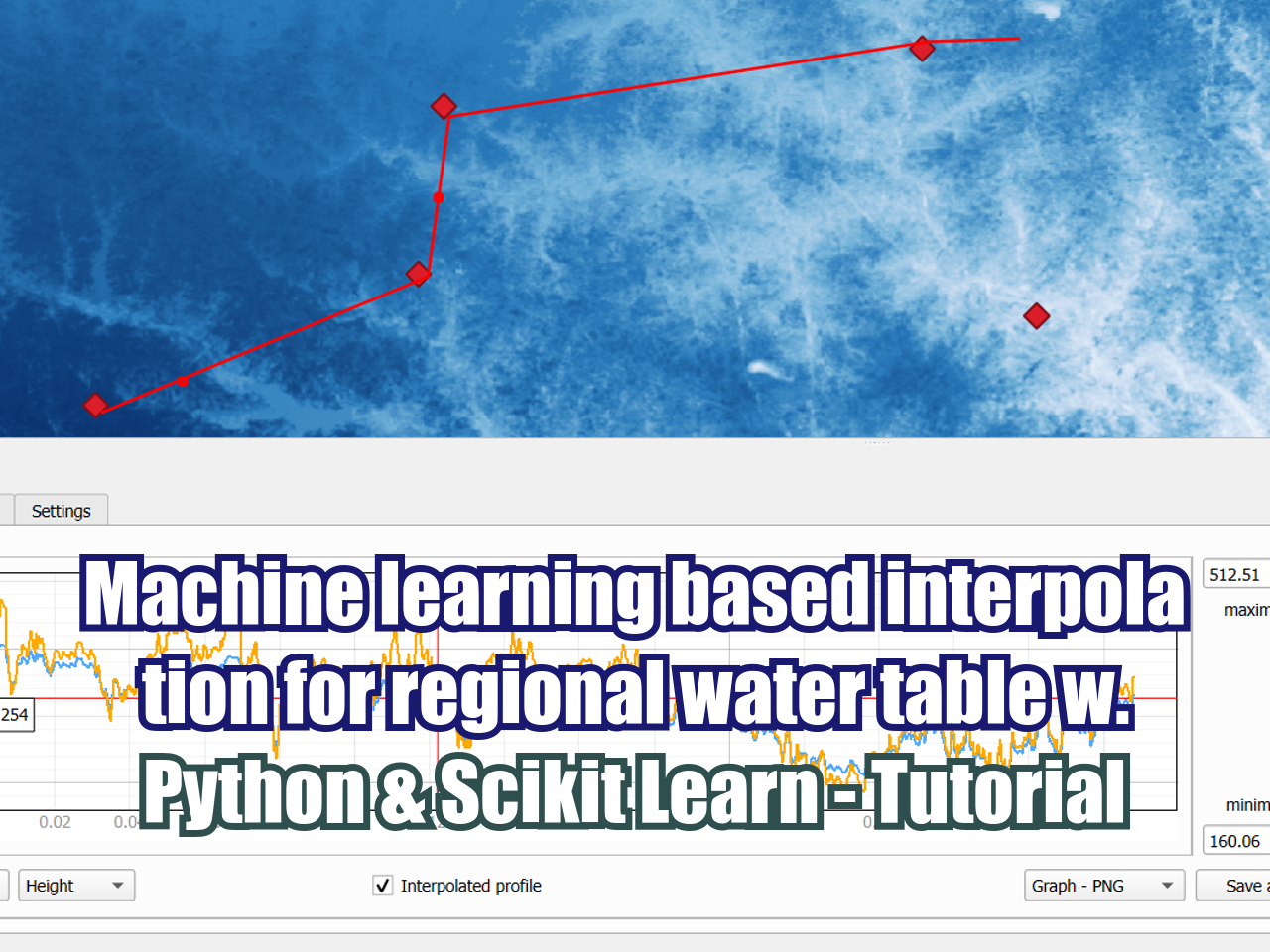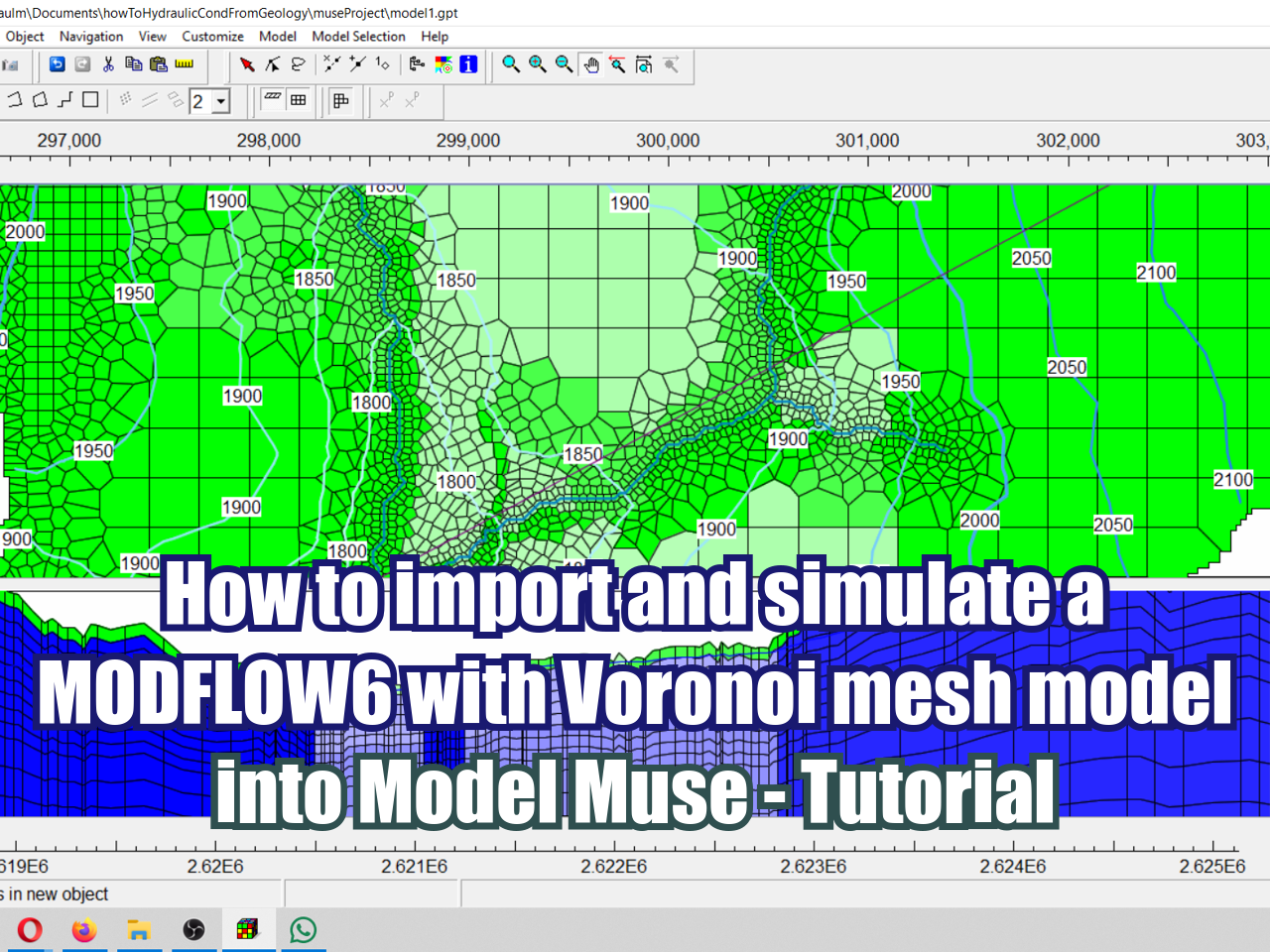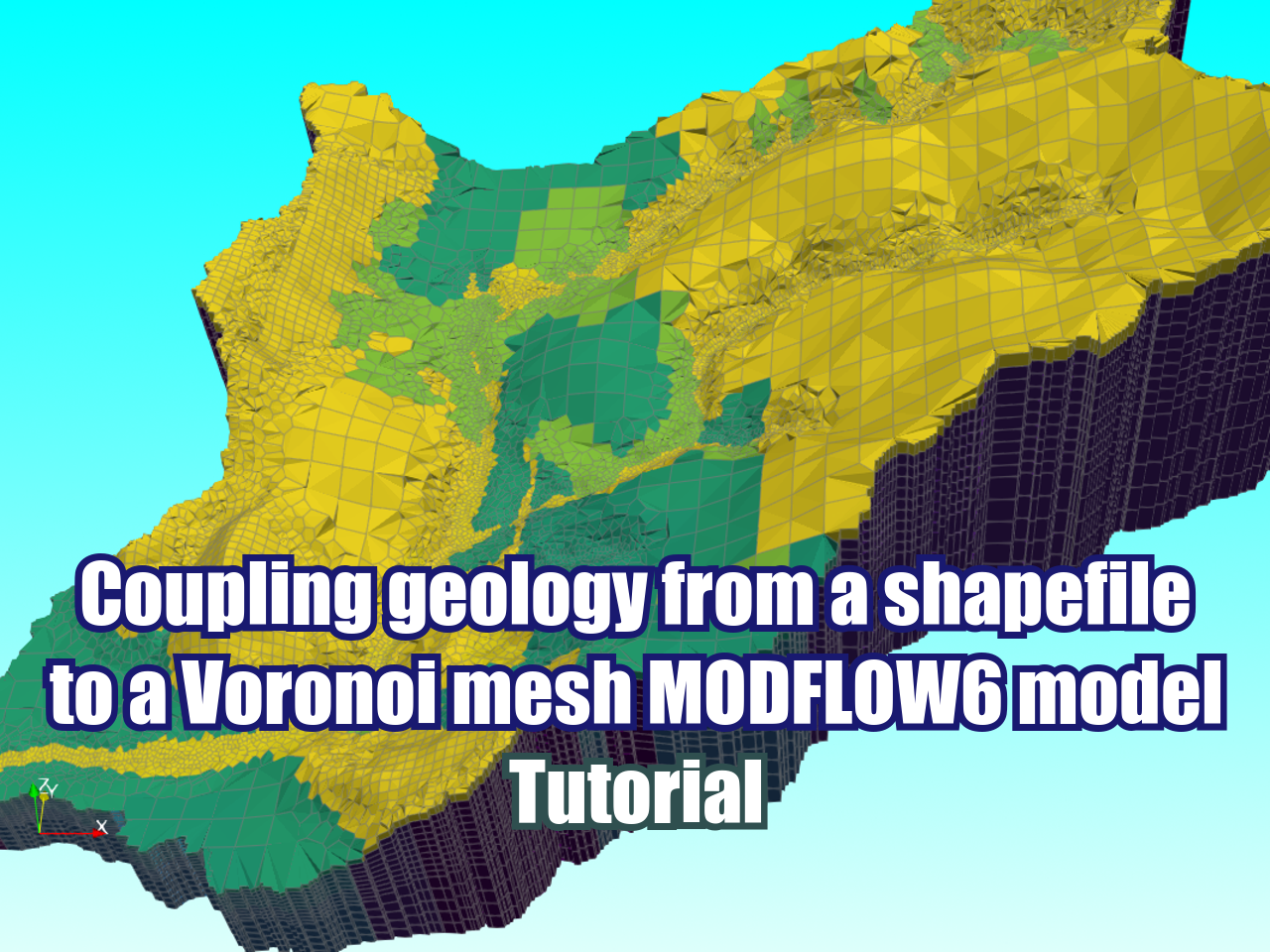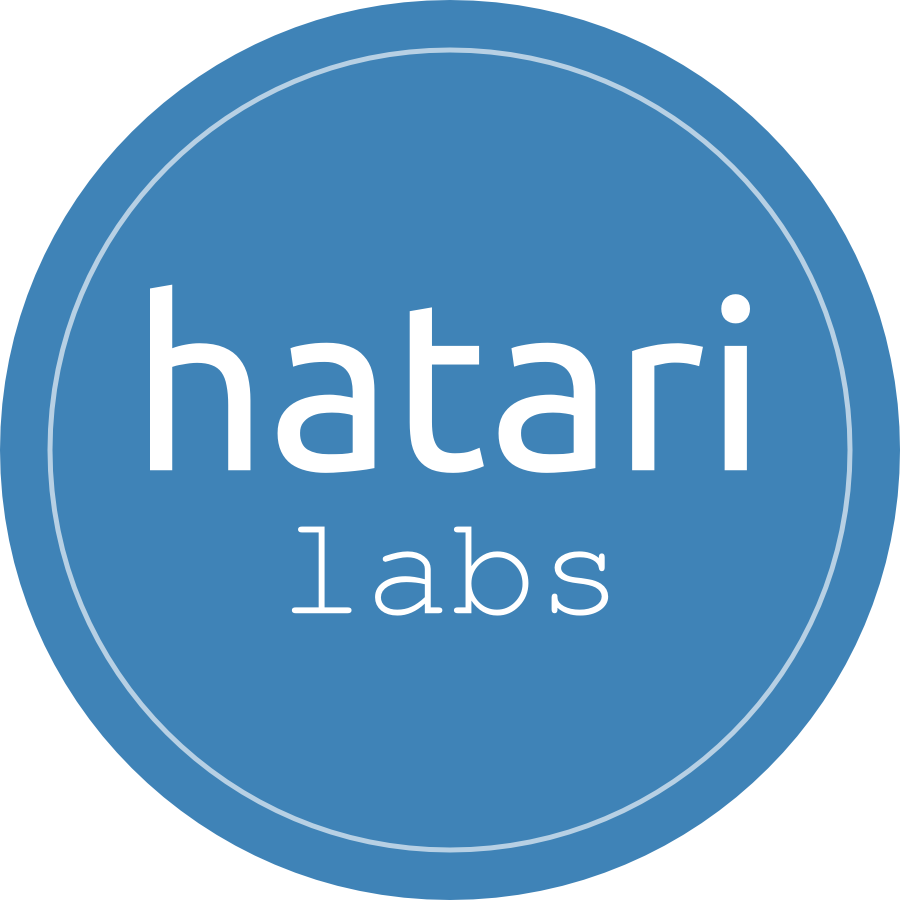Rasterio is a Python library that allows to read, inspect, visualize and write geospatial raster data. The library uses GeoTIFF and other spatial raster formats and is capable of working with satellite imagery, digital elevation models, and drone imagery data products. Rasterio allows you to import a single band or multiband geospatial raster in a interactive Python enviroment as Jupyter notebook, the library can keep the “duality” of the geospatial raster, that means, it can handle the location and resolution parameters as well as the matrix values of the gridded elements.
This webinar covers some basic procedures to explore a multiband and panchromatic Landsat 8 images with Python 3 and Rasterio on a Jupyter Notebook. The webinar shows the commands to identify the raster array dimensions and the geospatial referencing parameters, make representation of each visible band, export band composites as geoespatial rasters in Tiff format, and perform spatial operations.
Content
The webinar will cover the following topics:
Read monoband and panchromatic Tiff images.
Explore raster spatial and array information.
Plot rasters with rasterio and matplolib tools.
Clip rasters with shapefile in Python.
Raster algebra example: NDVI vegetation index calculation.
Instructor
Saul Montoya M.Sc.
Hydrogeologist and Numerical Modeler.
Mr. Montoya is a Civil Engineer graduated from the Catholic University in Lima with postgraduate studies in Management and Engineering of Water Resources (WAREM Program) from Stuttgart University – Germany with mention in Groundwater Engineering and Hydroinformatics. Mr Montoya has a strong analytical capacity for the interpretation, conceptualization and modeling of the surface and underground water cycle and their interaction.
He is in charge of numerical modeling for contaminant transport and remediation systems of contaminated sites. Inside his hydrological and hydrogeological investigations Mr. Montoya has developed a holistic comprehension of the water cycle, understanding and quantifying the main hydrological dynamic process of precipitation, runoff, evaporation and recharge to the groundwater system.
Date and time
Thursday September 24, 2020 from 6:00 to 8:15 pm. Amsterdam Time
Estimated duration: 2:15h. Both webinars will be recorded and available on the elearining platform (elearning.hatarilabs.com) for later review. Offline participants can have live support for questions.
Registration
This webinar will be given on out elearning platform: elearning.hatarilabs.com . You will need to create an account first.
Participation has a fee of $15 USD. Please follow the instructions on this video with the registration procedure.
